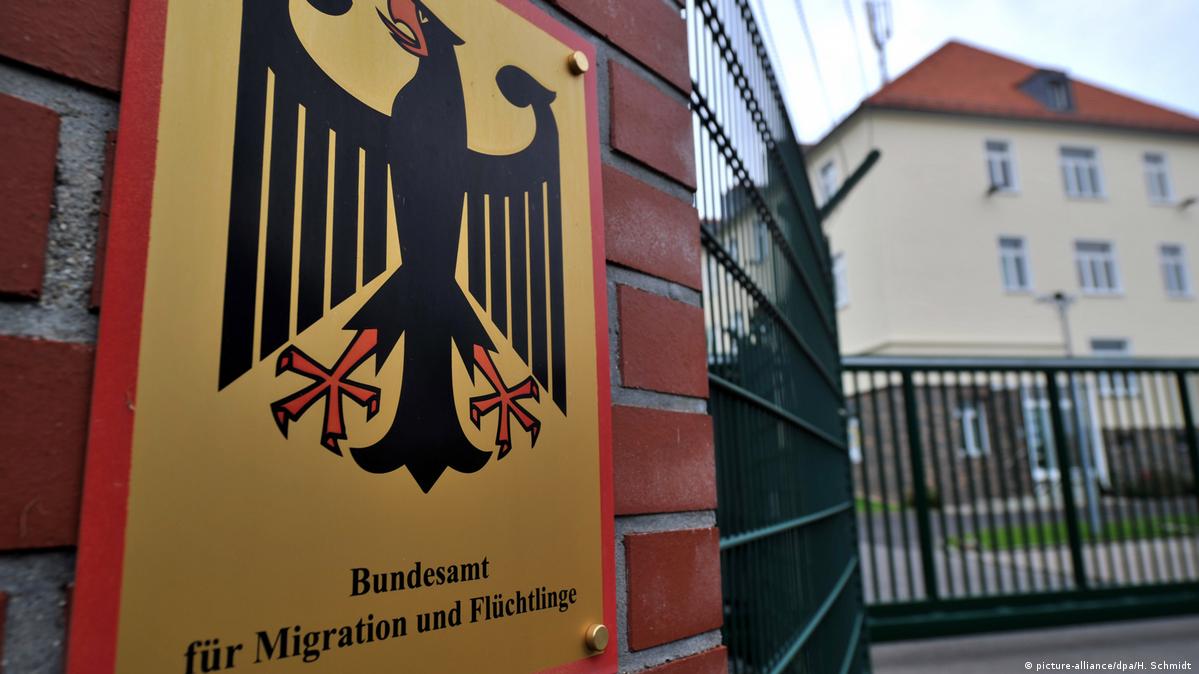European Observatory to Combat Radicalization – EOCR
Germany to tighten immigration rules amid rising support for far-right
ft – Germany is set to speed up the removal of failed asylum seekers, in a sign of how rising support for the far-right is prompting Chancellor Olaf Scholz’s coalition to get tough on immigration.“It’s clear that we have to restrict irregular migration and to send back more quickly the people who have no right to stay,” said Steffen Hebestreit, Scholz’s spokesman. “It’s about consistency and speed.”Under new rules proposed on Wednesday, deportations will no longer have to be announced in advance, officials searching for deportees in shared accommodation will be allowed to enter other people’s rooms, and the amount of time a person can be kept in pre-deportation custody will be increased from 10 to 28 days.
The legislation, which must still be passed by the Bundestag, would also make it easier to deport the members of human-trafficking groups and organised crime gangs, and give police more powers to search through a person’s documents in order to ascertain their true identity and nationality.The new law comes two weeks after regional elections that saw a big increase in support for the far-right Alternative for Germany (AfD). Pollsters say a key factor in the party’s growing popularity is public disquiet over the recent surge in asylum seekers entering the country.
Scholz indicated last week that his government was prepared to clamp down on immigration, telling Der Spiegel news magazine that Germany must start deporting failed asylum seekers “on a significant scale”.Scholz said Germany needed skilled workers from abroad and also remained committed to offering asylum to those facing political persecution. But “whoever doesn’t belong to one of those two groups can’t stay here”, he said. “That’s why we are restricting irregular migration to Germany. Too many people are coming here.”
Scholz’s government has in recent weeks introduced checks on the borders of neighbouring states such as Poland, and has also approved efforts by its individual regions to switch from cash payments for asylum seekers to benefits in kind.But the law attempts to tackle a particularly thorny issue — the huge number of people who have been told they have to leave Germany, usually because their asylum request has been rejected — but still remain in the country. Interior ministry officials say there are about 50,000 such people.
Critics of the government say it’s much harder to deal with such holdouts than Scholz is letting on. They say repatriations often fail because the country of origin refuses to readmit the deportees, and no attempt to tighten German legislation can solve that.The government is trying to address that problem by negotiating deals with other countries under which they would take back their citizens and, in exchange, Berlin would provide people from those countries with legal pathways to come to Germany for work.
While opinion polls show that a large proportion of German voters want a crackdown on failed asylum seekers, Scholz may struggle to convince the Greens, one of the three parties in his coalition government, of the wisdom of the policy.“We shouldn’t make out that the solution to migration lies with deportations,” said Jamila Schäfer, a Green MP. “Most people can’t be deported because they come from war zones like Ukraine, Syria or Afghanistan.”
The AfD also criticised the new law, calling it “gesture politics”. In a statement, it said Germany continued to be a “migration magnet” which enticed refugees with “high welfare benefits, unlimited family reunifications and simplified rules on residence”.The opposition Christian Democrats were also critical, saying the key issue wasn’t deporting refugees but curbing illegal immigration in the first place. “It’s crucial to slow down the unchecked influx of asylum-seekers,” said Alexander Throm, the party’s spokesman on immigration.
European Observatory to Combat Radicalization – EOCR




